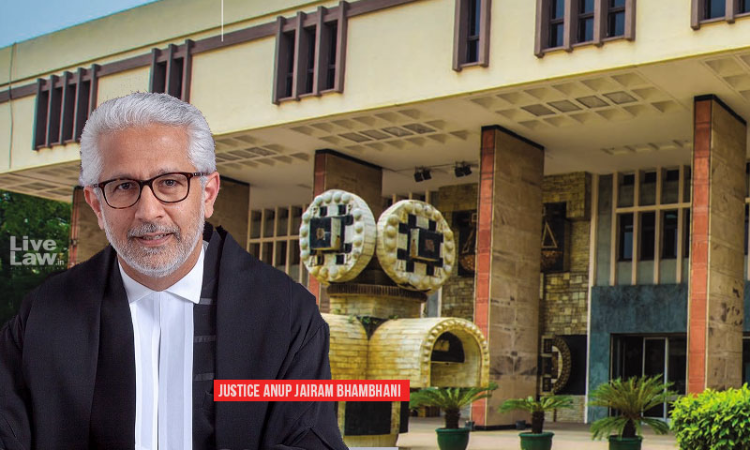The High Court of Delhi has held that a borrower which also happens to be a financial institution cannot resort to arbitration provided under Section 11 of SARFAESI Act. The bench of Justice Anup Jairam Bhambhani held that Section 11 of SARFAESI Act provides for remedy by way of arbitration only in cases of inter se dispute between the financial institution but does not cover a...

